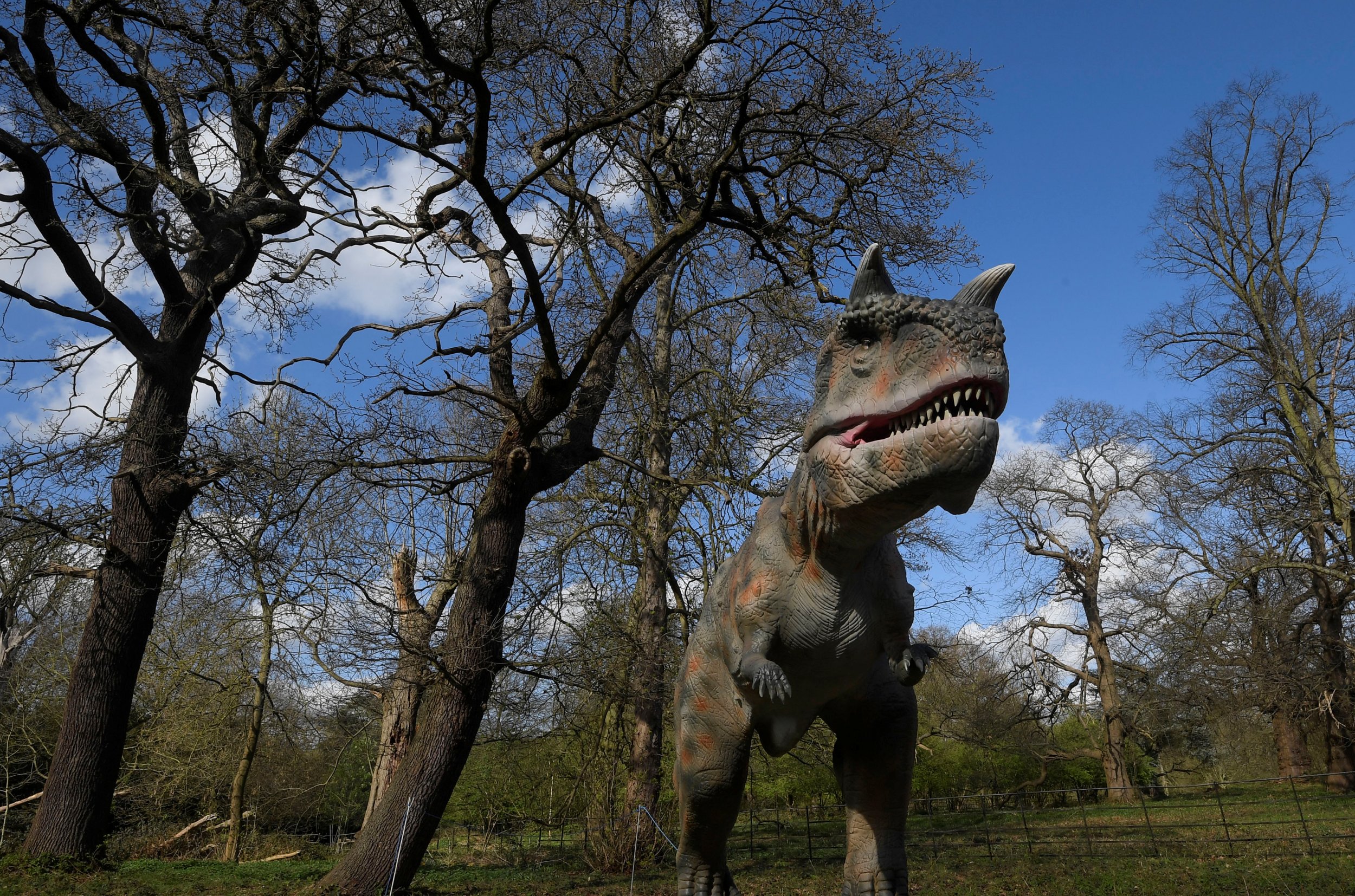
The alphabet of life may have just been expanded, thanks to a group of scientists in California.
As outlined in a paper published in Nature, researchers in San Diego added a new set of letters to the genetic code, allowing organisms to make proteins never before created by life on Earth. The results of their work, the researchers write, "should serve as a platform for the creation of new life forms and function."
The building blocks of DNA consist of a four-letter alphabet soup of A, T, G and C. Those letters correspond to adenine, thymine, guanine and cytosine, the four chemicals that pair with one another and create the instruction manual for living things we know as DNA. The code for all life on earth, from rats to Rachael Ray, is written in the arrangement of those letters. DNA is "read" into RNA, which in turn are read into proteins.
According to The Washington Post, this isn't the first time artificial base pairs have been developed. Building off older work, the researchers added an extra pair of letters to the mix. In 2014, that same team created a strain of E. coli bacteria with those extra letters written into their DNA. That third base pair ("X" and "Y" go together) was inserted into the bacteria, but they weren't able to make any proteins from those instructions.
But this time, they were: The organisms with this new artificial DNA were able to incorporate those new instructions to make proteins never before created by living organisms.
While this kind of lab-grown microbe might sound fearsome, these creatures are little cause for concern. For the moment, these organisms cannot survive outside the lab because they can't produce the "X" and "Y" nucleotides themselves. As The Washington Post reports, if the microbes can't themselves produce the base pairs they need to live, that's a pretty reassuring reason not to fear them.
This kind of work has exciting implications. The Post cited some far-off possibilities, like an organism that could eat cancer cells or "siphon up oil spills."
"One thing that scientists have always been questioning is whether the way biology has evolved is the only way," Maureen McKeague, a synthetic biologist at the Swiss Federal Institute of Technology in Zurich, told the Post. As this work continues, scientists may yet find out.
Uncommon Knowledge
Newsweek is committed to challenging conventional wisdom and finding connections in the search for common ground.
Newsweek is committed to challenging conventional wisdom and finding connections in the search for common ground.
About the writer
Joseph Frankel is a science and health writer at Newsweek. He has previously worked for The Atlantic and WNYC.
To read how Newsweek uses AI as a newsroom tool, Click here.








